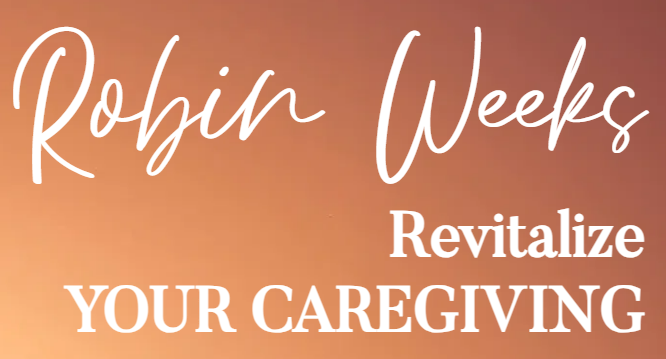The story below is from a recent coaching session I had with a client. This is a couple who are worried and stressed about one set of parents. They are trying to plan, but have so many concerns, they didn’t know where to start.
“And so he just told her, we’re gonna come down there and fix it, we’re going to figure something out. If he needs to be somewhere safer. We’ll get him there. And then you can come stay with us or y’all can both come stay with us. But we can’t help you three hours away, we got to resolve it. Of course, that conversation ended in tears and very upset. But then the next day, she called them around lunchtime. And she was like, because he, he talked to her. And then he called her back just to make sure like, she knew Mom, I’m not mad at you. I’m just frustrated. I love you. I just want to help.
And then she called the next day because he called both phones and she’s like, I see that you call? Did you need to talk to me about something? And he’s like, Well, Mom, I called you last night. You know, we talked?
Then you’re just like, What is the situation? You know? Is it really dire? Is it not so dire? Are you are you, you know, elaborating? Or do you drill it down? Or like, I mean, I don’t know how you really figure out other than just kind of patterns, you know, what, actually, is going on? Yeah, and we are kind of at a loss because we don’t really know how to step in properly to not escalate the situation, but also, not to stand off so much that it progresses in something, you know, big time happens. Something really bad.”
This is just one small part of a big situation that could potentially end up as a crisis. The couple are smart enough to know this and so reached out. Knowing where to start with a plan is confusing. Figuring out what information you need, when you need it, what legal documents you need, who should be involved……… It can seem overwhelming.
I break this down into four big buckets to tackle:
Health
Finance/Legal
Home
Relationships
Each of these overlaps with the other so it is important to understand that they are interconnected and all necessary. Health is often the first one to address as many elderly have chronic conditions and an emergency is just a phone call away!
I remember the first time I got the call that my mother had been sent to the ER from her assisted living residence. I was in a panic! I dropped everything and rushed to the hospital where I was asked a million questions and didn’t have answers. My mother was scared, I was scared, and it was chaos. Panic is never good in these situations. I was calling my brothers who lived several states away and that only made things worse because they were asking me even more questions. We got through that episode, but there were more. I got better at it by becoming informed of all my mother’s health conditions, medications and history. I did put in place the POA I had for her healthcare. It was on file at the Dr.’s, at the assisted living nursing station and her pharmacy.
My mother was quite capable, so I had a conversation with her about being her “partner” in healthcare. I explained that her husband who was no longer alive had been her partner and now I could be that person. We would share and talk about decisions. She agreed. This is one approach that does not infringe on their independence. Those ER visits, while still stressful, got easier because I had information and could not only answer questions, but ask them.
When you get to talking about money, it is always tricky. So many emotions, fears, history are involved that we don’t like to have that conversation. Even with a POA, parents can resist allowing you to use it. It’s good to start with basics like what bank do the use, insurance, mortgage holder. You’re not asking for access, just a need to know in case something happens.
The money conversation will at some point include stocks, investments, retirement funds, social security, VA Benefits, pensions. Other close family members will need to be involved at some point. Creating a budget for their money and your money, (yes, you will spend some of your money on caring for them), is crucial. Deciding on if the primary caregiver get paid something will come up.
At this point, you may realize that so much of this relies on the relationships in the family. It can be hard to preserve these relationships when so much is at stake. This is probably the second important topic to address. Having this at the outset can set the boundaries, expectations and needs of everyone.
When my father died and I stepped in to support and eventually care for our mother, it was by default. This is most often how this happens. There were no conversations about what this would look like for me, the financial strain it would put on my business, the time it would take away from my personal life, how and if I would be compensated for any of this.
The result of not having those conversations has been that I am estranged from one of my brothers and the relationship with the other one is cordial but changed. For many years I harbored anger and resentment at them. I found my way out of that because it served me no purpose. We could have avoided this had we had a conversation about caregiving.
There is a lot to prepare for. It can and will be overwhelming, but it doesn’t have to be. Keep in mind there are blurred lines of privacy in these conversations. Frustrations, past sibling rivalries and jealousies, and dictating outcomes can and will surface, Keep your emotions in check. Your parents deserve respect and dignity in all of this. Don’t be their boss, or their “parent”, although it may feel like it at times. Keep one thing at the core of all of these conversations, LOVE.



